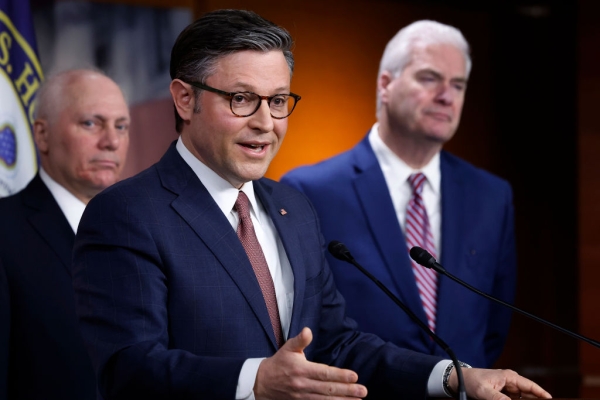As lawmakers work to finalize a spending bill for the upcoming fiscal year, there is one aspect of higher education funding that is causing some concern among educators and students alike: the lack of surprises. In recent years, higher education funding has been subject to last-minute changes and unexpected cuts, leaving universities and colleges scrambling to make up the difference. This year, however, many are calling for a more stable and predictable funding system to be put in place.
One of the key issues facing higher education funding is the lack of long-term planning and consistency. Colleges and universities rely heavily on federal funding to support their operations and provide financial aid to students. When funding is uncertain or subject to sudden changes, it can disrupt the normal functioning of these institutions and make it difficult for students to plan for their education.
Many educators are calling for a system of multi-year funding agreements to be put into place, which would provide colleges and universities with more stability and predictability in their budgeting processes. This would allow institutions to better plan for the future and make informed decisions about programs and services.
Students are also feeling the effects of unstable funding, as it can lead to tuition increases and cuts to financial aid. Without consistent and reliable funding, colleges and universities may be forced to pass on the costs to students, making higher education less accessible for many.
In order to address these concerns, advocates are urging lawmakers to include provisions in the spending bill that would provide higher education with the funding certainty it needs. This could include setting funding levels for multiple years, creating a stabilization fund for colleges and universities, or implementing new reporting requirements to ensure that funds are being used effectively.
Ultimately, the goal is to create a more stable and predictable funding system for higher education that ensures colleges and universities have the resources they need to provide a quality education for all students. By avoiding surprises and providing consistent funding, lawmakers can help to improve the overall quality and accessibility of higher education in the United States.



